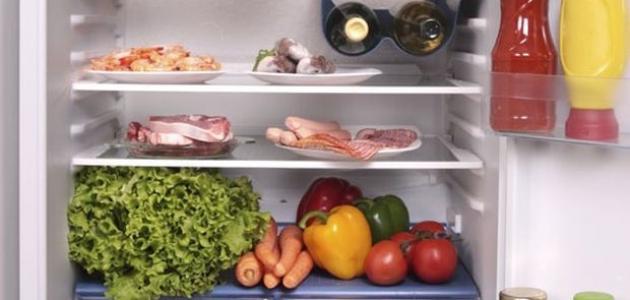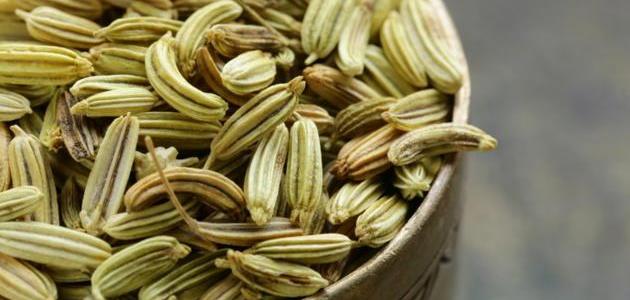Vegetables
Vegetables are foods that people depend on in their food on a daily basis, because they contain high nutritional values and low calorie content. They do not cause weight gain. In addition, they provide the body with nutrients, vitamins and minerals necessary to keep it healthy. And the prevention of diseases, and vegetables like other plants contain cellulose, which softens the intestines, and facilitates the process of digestion.
Vegetables should be kept all the time at home but need to be kept in a special way. If they are damaged and rotted they will lose their nutritional value and become inedible, and eventually discarded. Vegetables are usually kept in the refrigerator to prevent damage. Low temperature, which inhibits the proliferation of bacteria and mold on vegetables, and thus save vegetables full nutritional value for the longest time possible, and it should be noted that when keeping vegetables in the refrigerator must be placed separate from other foods, so they are saved in the drawers below Are kept separate, and some vegetables such as potatoes should be kept outside the refrigerator in a cool and dry place, because the refrigerator cooler turns the starch in the potato into sugar and thus earn it a taste that is not acceptable at all, but in this article we will talk about how to save vegetables In the refrigerator.
Ways to save vegetables in the refrigerator
To save vegetables in the refrigerator, follow these tips:
- Roll the green onion, parsley, celery with tin foil or kitchen paper, before you save it in the fridge.
- It is recommended to keep both cucumbers and eggplants in the refrigerator for only two days, and then remove them and store them outside the refrigerator, because cooling speeds up the process of damage.
- Citrus fruits are always kept in the refrigerator. They are quickly damaged if left out. They should be kept in their own bags to keep them separate from other foods and vegetables that love other odors.
- The carrots are kept as they are in the refrigerator, placed in bags, and are cleaned and peeled when used only.
- The cauliflower should always be kept in plastic bags in the refrigerator. For broccoli, it should be kept in perforated plastic bags.
- For leafy vegetables, they should be kept in sealed plastic containers, with a sheet of kitchen paper placed at the bottom to absorb moisture, can be stored in plastic bags, or wrapped on a large piece of aluminum foil topped with a layer of kitchen paper. They were placed, and then wrapped the vegetables out and put them in the fridge.
- Preferably wash the leafy vegetables, and dry them well before keeping them in the refrigerator.



